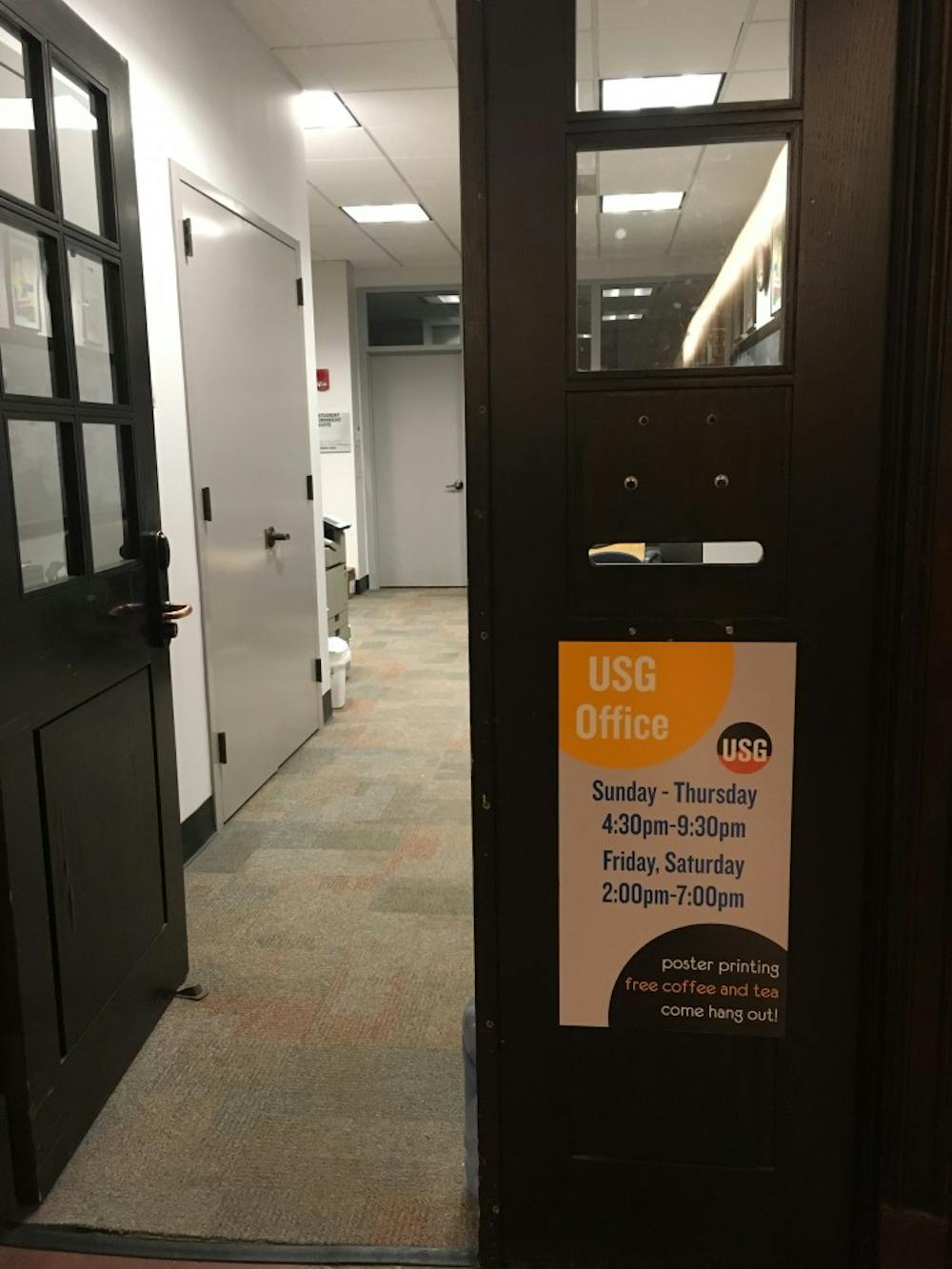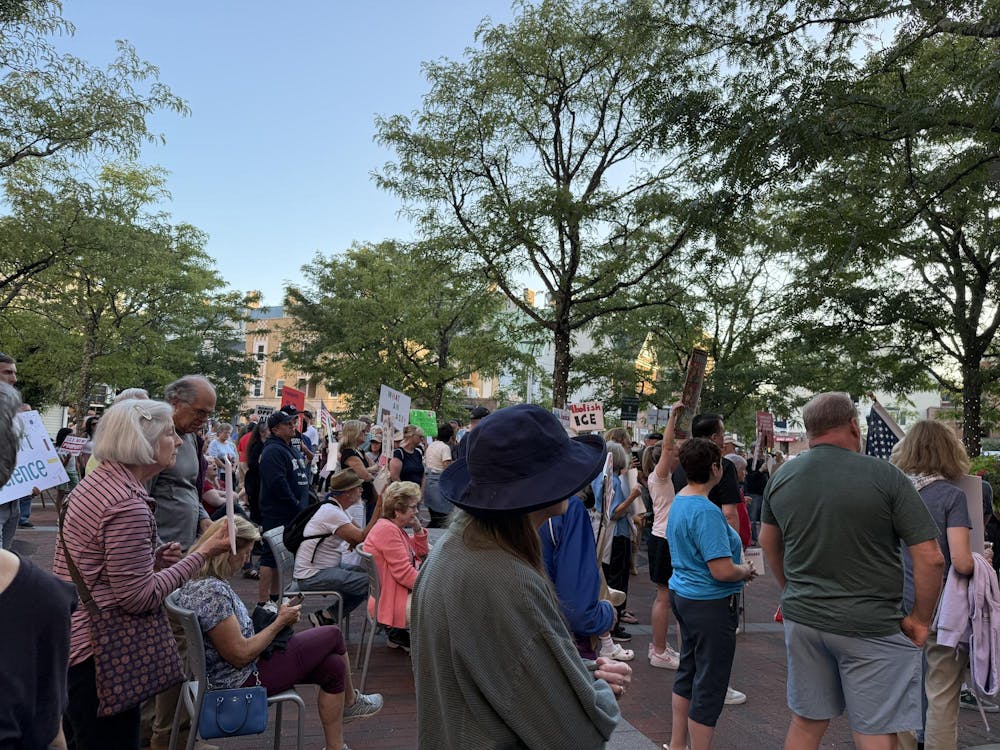Recently, USG presidential candidate David Esterlit wrote a letter, to the editor of this paper, to be shared with the Princeton community. In this piece, he suggested that he would be especially equipped to pressure the administration to rectify injustices perpetrated constantly against the most disadvantaged among us. While correct about the University’s indifference to his prospective position and the need for sweeping change, Esterlit inadvertently demonstrated why he is precisely the wrong messenger for this less than instructive newsflash.
More to the point, he is as poor a choice as one can possibly conceive, given his front-and-center background as a member of the Israeli Defense Forces. It is unclear what his role in the organization was, or whether his service was compelled or undertaken according to his own volition. But the fact that he proclaimed his service at the beginning of his letter, and with no caveat or reservation, calls into question both his ability to represent the student body and his moral standing.
In his letter, Esterlit details some of the financial difficulties faced by our student body. He also acknowledges that financial problems are not the only ones that remain largely unaddressed by the University. But while previous student governments have failed to adequately enhance CPS - as Esterlit highlights - he was part of an organization known for the torment and abuse of an entire population of human beings. None of these people, in all probability, will ever have the chance to go to any version of CPS, though they have much more in the way of PTSD than most people reading this can possibly fathom. Has Esterlit reckoned with this larger disparity?
Where Princeton students face the inconvenience of - as Esterlit explains - “get[ting] to the grocery store” (and some of us, to be frank, are worse off even than that) the items that will eventually arrive on campus upon their return are not sanctioned by Princeton's administration. To get to the point here, go through what you've eaten in the past week. Then, consider life in Gaza, where blockades have starved out a largely defenseless population. Look up whether or not a food item you regularly consume is permitted into, or has ever been prohibited from, the occupied territories – even imports of chocolate have been choked off.
Once you've completed this cursory investigation, practice the critical thinking skills Princeton has taught so well. Why might certain items not be allowed into a region containing millions of people? One can scarcely imagine that a chocolate bar poses a great security risk, but maybe the conflict is just oh-so-complicated.
Anyone who has represented a government whose policy is abject terror of a chocolate bar is not fit to hold the office of president. Anyone considering Esterlit's competence to bring about justice should examine his professed qualifications. He unabashedly advertises his participation in the Israel Defense Forces, which continuously inflicts injustice that dwarfs proportions of anything most of us have ever encountered. It would be reasonable for our campus community to expect an explanation from Esterlit.
Braden Flax is a junior from Merrick, N.Y. He can be reached at bflax@princeton.edu.








